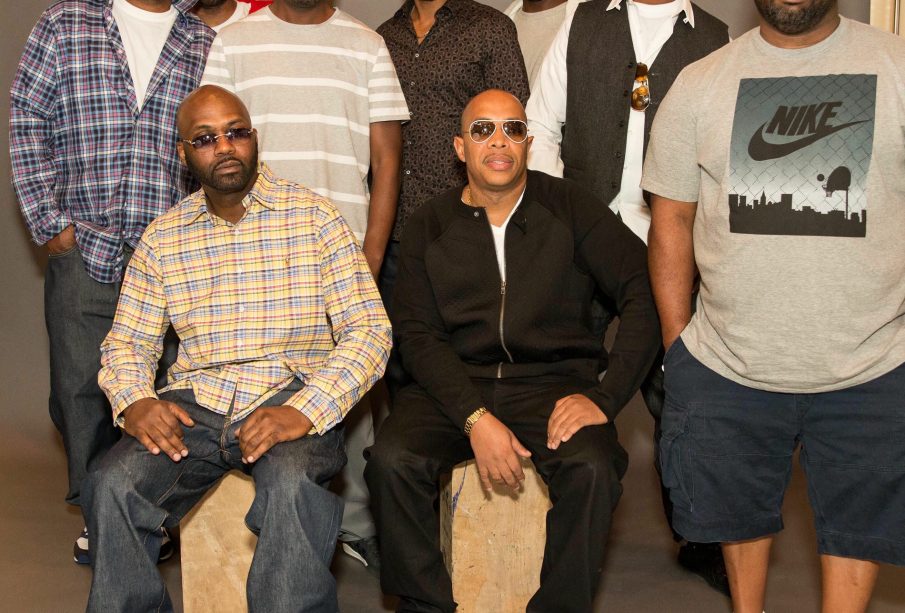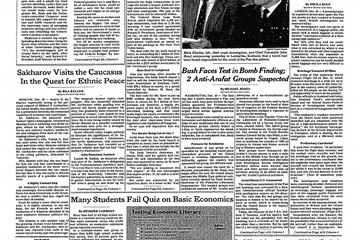The Wu Tang Clan: Pioneers of Hip-Hop Culture

Introduction
The Wu Tang Clan, formed in Staten Island, New York in the early 1990s, is one of the most revered and influential hip-hop groups of all time. Comprising of nine talented members including RZA, GZA, and Method Man, their unique sound and lyrical prowess have made a lasting impact on the music industry and hip-hop culture. As the genre continues to evolve, the Wu Tang Clan’s legacy remains crucial in understanding the roots and trajectory of hip-hop.
Formation and Early Success
Founded in 1992, the Wu Tang Clan’s debut album, Enter the Wu-Tang (36 Chambers), released in 1993, set the standard for East Coast hip-hop. Its raw beats, introspective lyrics, and incorporation of martial arts themes garnered critical acclaim and commercial success. The group’s innovative approach, including the use of solo projects from each member, helped them forge an individual identity while solidifying their collective presence in the industry.
Influence on the Music Industry
Beyond their groundbreaking albums, the Wu Tang Clan has influenced various aspects of popular culture, including fashion, film, and video games. Their unique dialect and references to martial arts have permeated mainstream culture, exemplified in various collaborations and partnerships with brands such as Nike and video game franchises. The group’s emphasis on entrepreneurship, with the establishment of their own label, Wu-Tang Productions, has also inspired generations of artists to seek independence in a traditionally exploitative industry.
Ongoing Legacy and Contemporary Relevance
Despite their initial rise in the 1990s, the Wu Tang Clan continues to be relevant today. Their music continues to inspire new artists, with recent collaborations and performances showcasing their enduring appeal. Furthermore, the group’s expansion into television and film, including the recent Hulu series Wu-Tang: An American Saga, illustrates their adaptability and the continued interest in their narrative and artistic contributions. Recent projects also include both group and solo releases, ensuring that their voice remains at the forefront of hip-hop.
Conclusion
The Wu Tang Clan’s significance transcends their music; they represent a cultural phenomenon that continues to shape the hip-hop landscape. As new generations of musicians emerge, the influence of the Wu Tang Clan can be seen in their work and artistry. The group’s legacy serves as a reminder of the depth and richness of hip-hop culture, continuing to inspire both listeners and creators alike.









